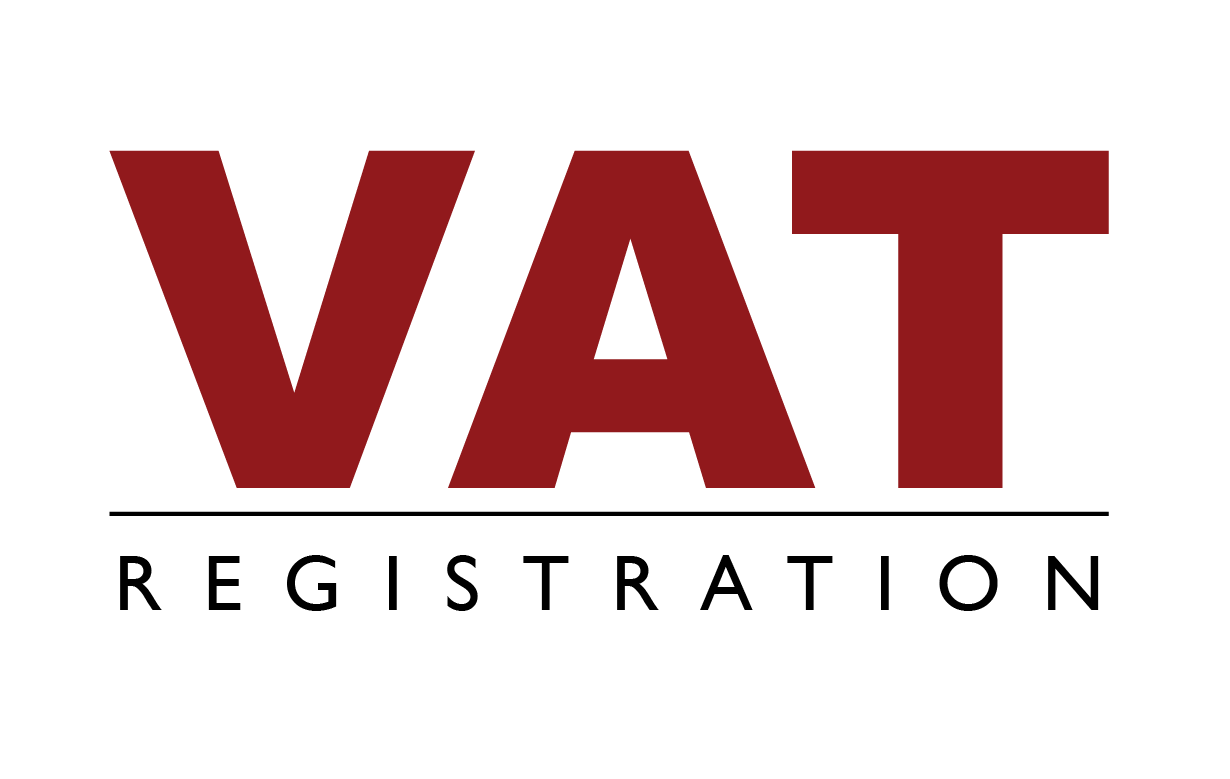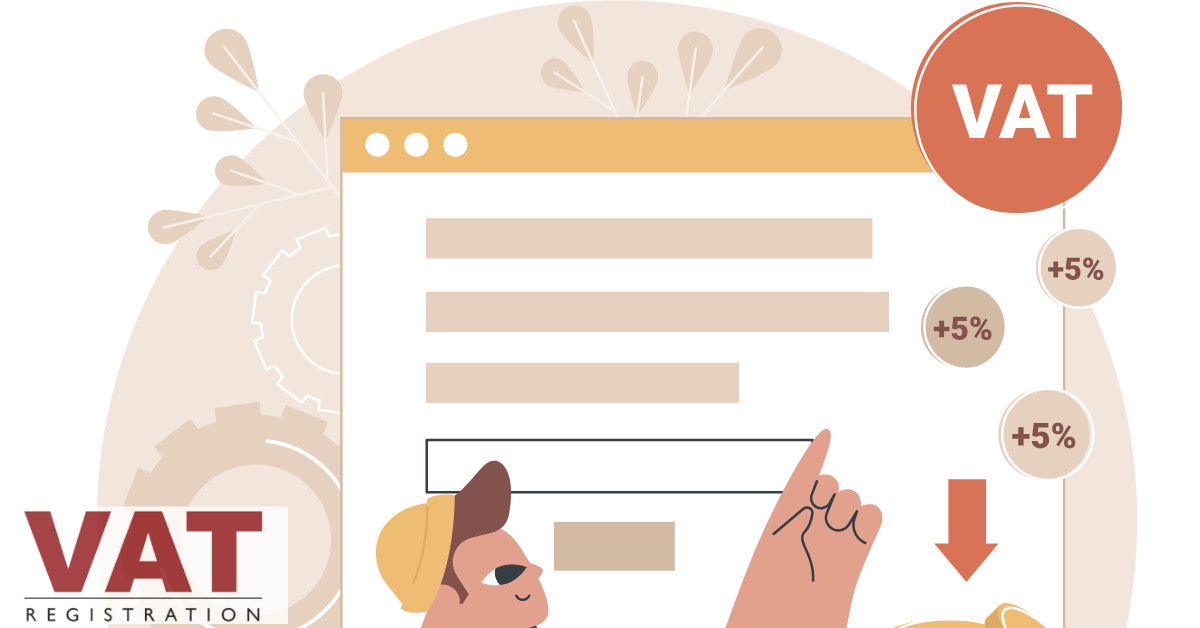Value Added Tax (VAT) has been a game-changer in the financial landscape of the United Arab Emirates (UAE) since its introduction on January 1, 2018. With a standard rate of 5%, VAT plays a pivotal role in the UAE’s fiscal management, impacting both individuals and businesses. Navigating the audit requirements under UAE VAT law is crucial for a seamless and error-free process. In this article, we will explore the reasons behind ensuring audit compliance in UAE, the necessary documentation, filing VAT returns, and the role of VAT audit firms in the UAE.
The Importance of VAT Audit Compliance in UAE:
- Legal Requirement: Adhering to VAT laws in the UAE is not just good practice; it’s a legal requirement. Federal decree-law No. 8 of 2017 on value-added tax, UAE Cabinet Decision 52 of 2017, and Federal law by decree No. 13 of 2016 establish the foundation for VAT regulations in the country. Businesses must align with these laws to avoid legal repercussions.
- Requirement of Documentation: Proper documentation is the backbone of VAT compliance. Businesses need to maintain records of tax-related documents, invoices, and receipts. This includes details of purchases, exports, amended invoices, and information about imported items. Failure to keep proper records can lead to penalties and legal consequences.
- Filing of VAT Returns: VAT-registered businesses are required to file VAT returns with the Federal Tax Authority (FTA) at the end of each tax period. The return summarizes the value of supplies and purchases, along with VAT due payments. Late filing attracts fines, emphasizing the importance of timely compliance.
- Evaluation of Input VAT: VAT audit firms scrutinize businesses claiming input tax on purchases, ensuring compliance with regulations. This evaluation includes the proper handling of blocked inputs or non-recoverable tax, preventing businesses from facing penalties for wrongful claims.
- Evaluation of Output VAT: Correctly computing zero-rated, exempted, and standard-rated taxes is vital. Businesses must pay the correct amount of output VAT on taxable goods or services, aligning with Federal Tax Authority regulations to avoid penalties and legal consequences.
- Accounting System and Software: An effective accounting system and updated software are crucial for ensuring VAT compliance. Both businesses and audit firms in the UAE must utilize tools that mitigate potential risks during the auditing process.
- Avoiding Penalties: Non-compliance with VAT regulations can result in significant penalties. Fines, ranging from AED 10,000 for failing to keep financial records to potential closure of the business, underscore the necessity of strict adherence to VAT laws in the UAE.
How VAT Audit Firms in UAE Can Assist
Given the complexity of VAT regulations, businesses in the UAE are strongly advised to enlist the services of reputable audit firms. These firms specialize in navigating the intricacies of UAE VAT laws, offering invaluable expertise in ensuring audit compliance in UAE and resolving complex VAT issues. By partnering with a trusted audit firm, businesses can proactively address compliance challenges, mitigate risks, and safeguard their financial interests.
Conclusion:
In conclusion, ensuring audit compliance in UAE with VAT is not merely a formality; it’s a strategic imperative for businesses. From legal requirements to meticulous documentation, filing accurate VAT returns, and partnering with audit firms, every step in the process contributes to a robust and compliant financial ecosystem. As VAT continues to shape the economic landscape of the UAE, businesses must prioritize compliance to thrive in this evolving fiscal environment.

